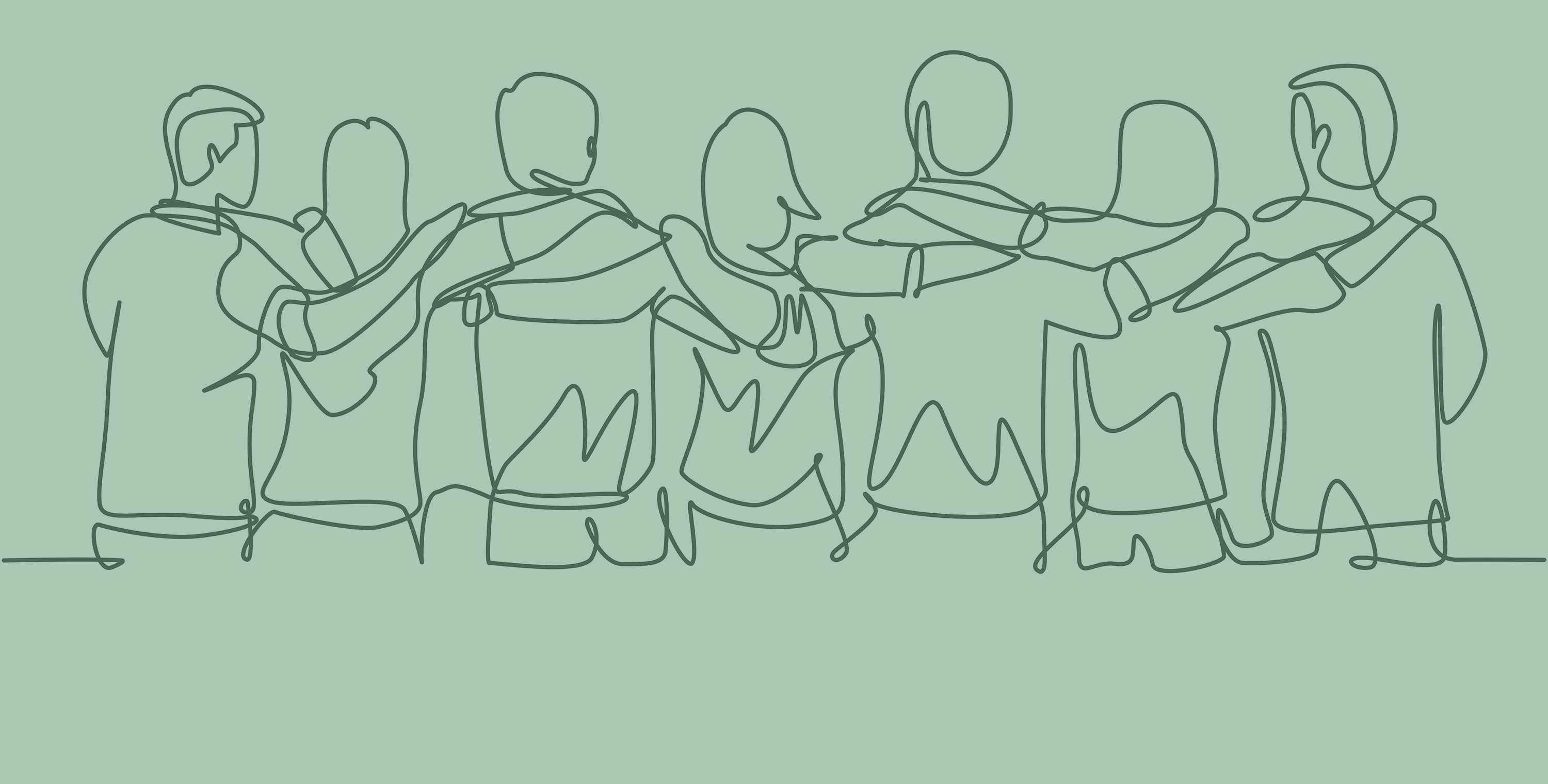The 12 steps of my sobriety program are not limited to addressing alcoholism; they have helped me navigate my stroke recovery in an unexpectedly profound way. My sobriety program has driven home for me that people need people, and that we are better together. Each of us is just a piece of a greater whole, and in the spirit of healing together, Step 2 reminds me to reach outside of myself for help and support.
Step 2 in sobriety states that we came to believe that a Power greater than ourselves. It was essential for me in the beginning to have the flexibility that this higher power doesn’t have to be religious, although it can be for many. It can simply be a force greater than ourselves, a recognition that we shouldn’t go through life’s challenges alone. Knowing I had this flexibility helped me stay in the program in the beginning. It helped me stay sober.
It’s funny because over time, I began to feel like a higher power was spending time with me and only me, these times are the snapshots that I use as my spiritual home. They serve as a reminder that there is something beyond my individual self, something that’s always there watching over me. For me, it’s a feeling.
In stroke recovery, as in sobriety, it started with me admitting that I couldn’t continue living the way I was. I needed to acknowledge that my life had become unmanageable. I was in so much pain trying to live a normal life and act like I was the same person I was before the stroke. The strongest thing we can do for ourselves is to listen to our weaknesses and our pain and take action. It feels like it’s a weakness to admit this, but it’s actually a great strength
Becoming willing to protect our weaknesses or pain is Step 1 in my stroke recovery. After that willingness, I came to believe that I need help outside of myself. I believed that things could be different and that I didn’t have to remain trapped in my suffering, but I couldn’t do it on my own. My best thinking alone resulted in this unbearable situation.
Six months ago, I walked away from work because I admitted my life was unmanageable. Before that, I spent two years post-stroke thinking that things would get better on their own, that I didn’t need help, and that it wasn’t so bad. But how would it get better now? It would only happen with outside help—enter Step 2.
In sobriety, we often refer to this outside help as a “higher power.” It doesn’t have to be a divine entity; it’s merely a power greater than ourselves. In stroke recovery, this translates to not going it alone. Just like in sobriety, where we attend meetings to find a power greater than ourselves, I had to engage with others to move forward in my stroke recovery.
This is where the work is. It’s about forming a team of people who are stronger together than any individual could ever be. This team consists of my doctors, fellow stroke survivors, family members, friends, and support groups.
Stroke Survivors and Caregivers Support Group
Inova Loudoun Hospital
Second Wednesday Monthly
11 a.m. to noon
For more information, you can email Jill Lieb at [email protected].
There’s so much illness inside us that can’t be seen when we isolate ourselves and try to “go it alone.” I think of my friend who passed away two years ago in January. He’s one of the reasons why I’ve begun to recover out loud. I think of the silent pain he carried within him, pain that only he could see. I don’t want to carry around silent pain. Instead, I want to use it to help others, since he couldn’t find his way to saving himself. His death will not be in vain if I can use it as strength and conviction to help others by talking about our pain out loud.
So, the answer for me is to associate with others who have felt that silent pain, just as Step 2 encourages us to believe in the power of something greater than ourselves.
We need each other. Each of us is only a piece of a greater whole, and together, we can find the strength to heal and recover and live more joyfully.

